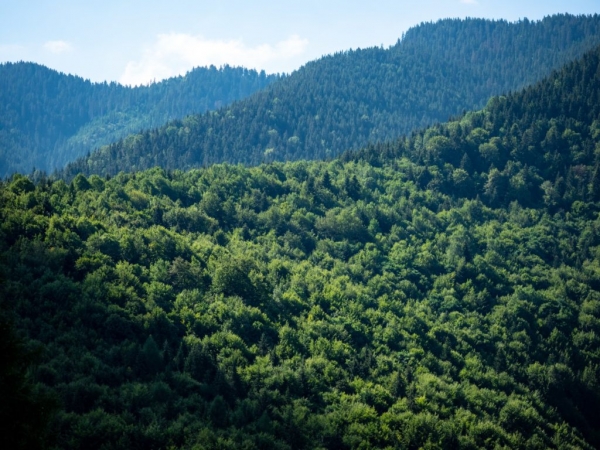Forested lands across the U.S. provide 83 million people with at least half of their water, according to a broad new study of surface water sources for more than 5,000 public water systems. 125 million people, or about 38% of the country’s population, receive at least 10% of their water from forests. In the arid western U.S., 39.5 million people get more than half of their surface drinking water from forests that are increasingly under threat of wildfires.
“Healthy forests typically mean clean water, and people depend on forests for their surface drinking water supplies,” said Peter Caldwell, a hydrologist at the U.S Forest Service and co-author of the new study. “Until we completed this work, we just did not know how many people obtain their water from forested lands or how much water from forests they receive.”
The new study, published today in the AGU journal Water Resources Research, provides a critical update to the map of where our surface water comes from. This information could help forest managers and water utilities identify hydrologically important forests so they can be prioritized for forest management or conservation.
Continue reading at American Geophysical Union
Image via American Geophysical Union


